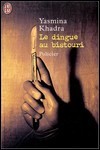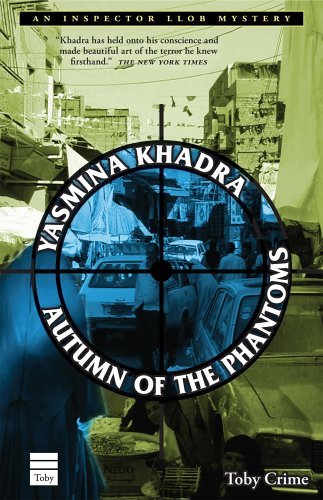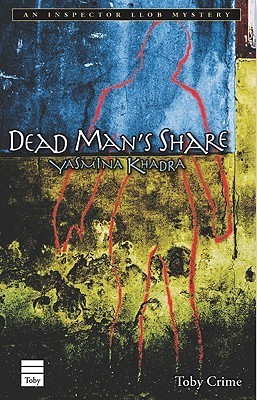
Part of Series
Author

Yasmina Khadra (Arabic: ياسمينة خضراء, literally "green jasmine") is the pen name of the Algerian author Mohammed Moulessehoul. Moulessehoul, an officer in the Algerian army, adopted a woman's pseudonym to avoid military censorship. Despite the publication of many successful novels in Algeria, Moulessehoul only revealed his true identity in 2001 after leaving the army and going into exile and seclusion in France. Anonymity was the only way for him to survive and avoid censorship during the Algerian Civil War. In 2004, Newsweek acclaimed him as "one of the rare writers capable of giving a meaning to the violence in Algeria today." His novel The Swallows of Kabul, set in Afghanistan under the Taliban, was shortlisted for the 2006 International IMPAC Dublin Literary Award. L'Attentat won the Prix des libraires in 2006, a prize chosen by about five thousand bookstores in France, Belgium, Switzerland, and Canada. Khadra pledges for becoming acquainted with the view of the others. In an interview with the German radio SWR1 in 2006, he said “The West interprets the world as he likes it. He develops certain theories that fit into its world outlook, but do not always represent the reality. Being a Muslim, I suggest a new perspective on Afghanistan, on the religious fanaticism and the, how I call it - religiopathy. My novel, the The Swallows of Kabul, gives the readers in the West a chance to understand the core of a problem that he usually only touches on the surface. Because the fanaticism is a threat for all, I contribute to the understanding of the causes and backgrounds. Perhaps then it will be possible to find a way to bring it under control.”

